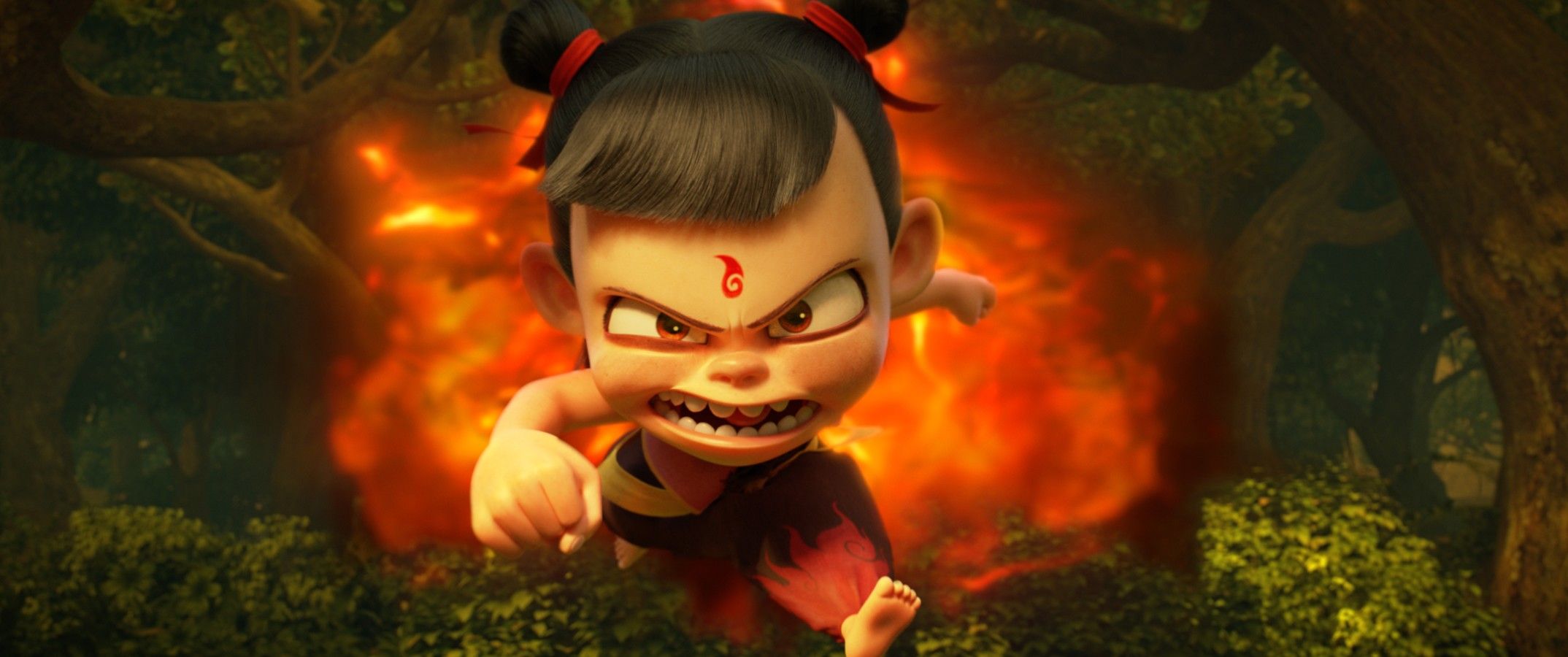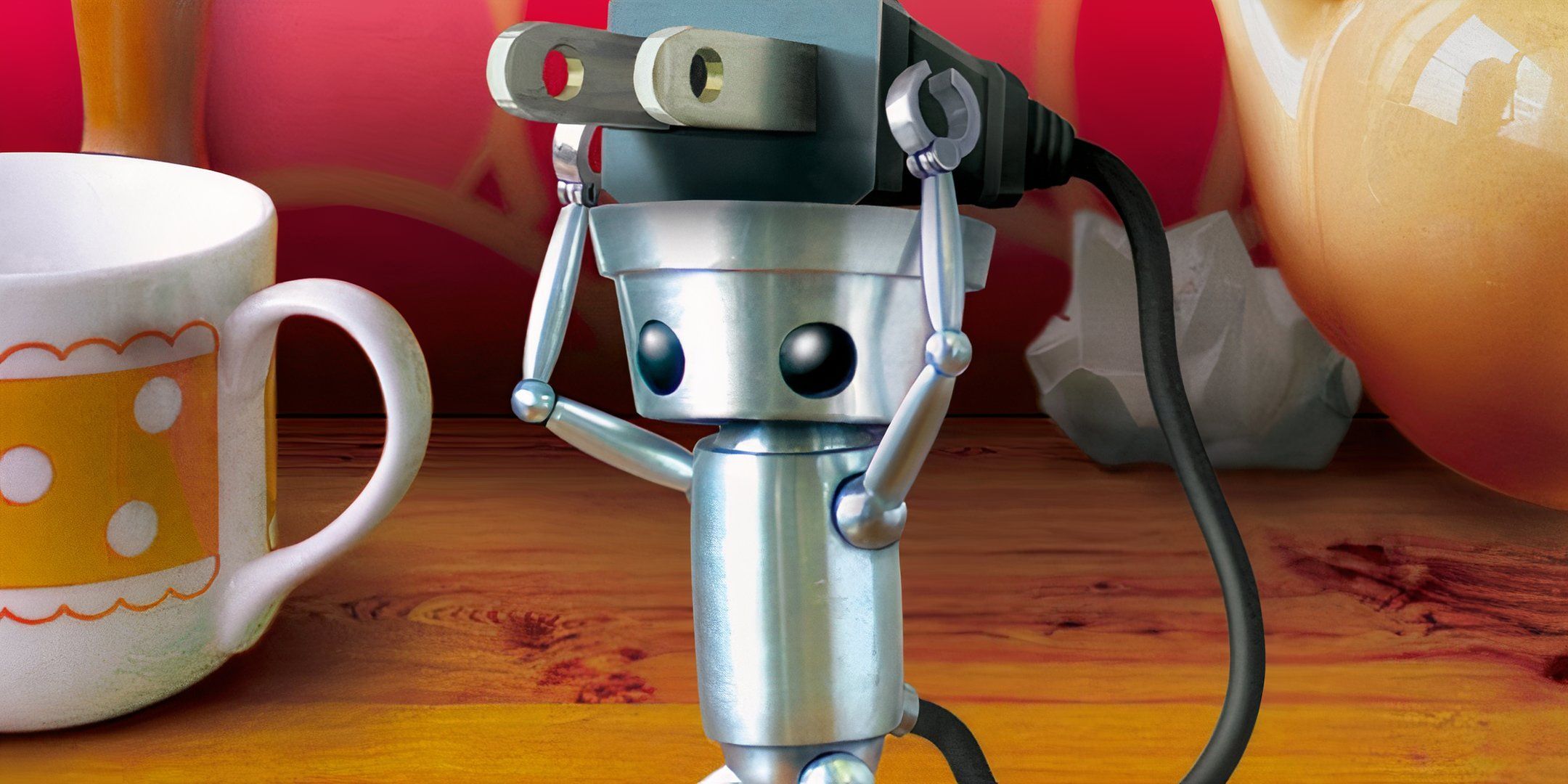Supporters of the five former Canadian world junior hockey players who were accused of sexually assaulting a woman in 2018 stand outside the London, Ont., courthouse on July 24.Sammy Kogan/The Globe and Mail
After five former world junior hockey players were found not guilty of sexual assault last month in a highly publicized and controversial trial, the reaction in the fringe spaces of the manosphere was jubilation.
For some factions of the manosphere – the online world of forums, podcasts and social-media accounts with devoted followings of young men – the verdict was an exemplar of what men’s rights influencers and their acolytes claimed were worrying trends proliferating in the aftermath of #MeToo, the movement empowering survivors of sexual harassment and assault to speak out.
The Hockey Canada trial has bruised the sport, with parents, minor hockey coaches, former players and sexual-assault survivors saying it demonstrates hockey culture’s problematic and misogynistic attitudes toward women and sex. After the verdict, the National Hockey League condemned the five accused players’ conduct, stating “the allegations made in this case, even if not determined to have been criminal, were very disturbing and the behaviour at issue was unacceptable.”
But a different narrative has played out on niche sports podcasts and fringe men’s rights forums. The trial, and subsequent acquittals, were validation of a toxic worldview that claims women routinely lie about sexual assault, false rape allegations are rampant, and men need to protect themselves. And those who study the manosphere, and the harmful ideologies it can breed, caution the verdict could have lasting ripple effects that shape future conversations around sexual assault.
The Hockey Canada sexual-assault trial is over, but conversations about the sport’s culture continue
Michael McLeod, Carter Hart, Alex Formenton, Dillon Dubé and Cal Foote were each charged with one count of sexual assault, while Mr. McLeod faced an additional charge of being a party to a sexual assault. All five were found not guilty after Justice Maria Carroccia said she did not find the complainant, known as E.M. owing to a publication ban, credible and rejected her claims that she had acquiesced to group sex because she had been afraid and intoxicated. On Thursday, Crown prosecutors indicated they would not appeal the verdict.
In the manosphere, which ranges from scientifically dubious but relatively benign wellness influencers to white supremacist incels, short for involuntary celibates, the reactions were varied.
“There are really hardcore adherents that take things in a very extreme way, and then there are others who are there for the commentary or for the lolz, to take a piece of internet terminology there,” said Luc Cousineau, co-director of research for the Canadian Institute for Far-Right Studies, an independent think tank that critically studies far-right groups and ideologies. “As we talk about how these communities are reacting to the news, we have to do it with those layers in mind.”
On YouTube and TikTok, the Canadian hockey podcast Slangin’ the Bizkit discussed the case throughout the trial, claiming that E.M.’s accusations were financially motivated and that she had “buyer’s remorse,” and repeating fake statistics about the prevalence of false rape accusations.
Justice Maria Carroccia found five members of Canada’s 2018 world junior hockey team not guilty of sexually assaulting a woman in a hotel room after a Hockey Canada gala. Globe reporter Colin Freeze discusses how she arrived at her verdict.
Taylor McKee, an assistant professor at Brock University who studies the intersection of sports and the manosphere, says fans of these podcasts don’t tune in for politics, yet the hosts and their handpicked guests often promote a distinct, testosterone-fuelled worldview. He cites Slangin’ the Bizkit as an example.
“Some of these characters have been able to sell the narrative that hockey culture is going ‘woke,’ ” says Dr. McKee. “That’s their stock-in-trade, and I think the harmful part is the reaction to the trial has nothing to do with the judicial process. It has nothing to do with the facts with the case. It has to do with essentially adding one more brick to this wall of misogyny that some of these figures use as their branding mechanism.”
Many of these podcasts are hosted by retired athletes, which gives them an air of authenticity and authority, and also allows them to more easily platform their political views under the shroud of sports talk.
Dr. McKee points to former NFL quarterback-turned-podcaster Cam Newton: “He talks incredibly eloquently about game film and how to break down the position of quarterback, and then all of a sudden he’s talking to you about not trusting your girlfriend with your bank account.”
Some of the most vitriolic reactions to the Hockey Canada case came from outside of sports media, instead stemming from misogynistic influencers, men’s rights’ activists and extremist online communities.
On YouTube, Matt Walsh, a far-right political commentator at The Daily Wire with more than 3.26 million followers, posted a 30-minute video on the platform describing the trial as a hoax and calling for E.M. to be imprisoned. On the popular Canadian YouTube channel, Aba N Preach, the two hosts gleefully read out Justice Carroccia’s verdict.
Here’s everything you need to know about the Hockey Canada sexual-assault trial
In comment sections online and in men’s rights forums, anonymous users left hundreds of misogynistic remarks, a barrage that experts caution shouldn’t be minimized. On more extreme forums, users called for violent attacks on E.M., evoking the 2018 incel-motivated van attack in Toronto.
“Comment sections, while we like to dismiss them as problematic, they do often reflect some discourse that’s going on in the country,” said Dr. Cousineau, the researcher of the far right. “I think it’s important to take seriously the idea that there are folks saying, ‘This is evidence that we shouldn’t believe folks when they say they’ve been assaulted.’ ”
Lisa Sugiura, professor of cybercrime and gender at the University of Portsmouth in England, says the trial has reinforced a kind of black and white narrative that exists in the manosphere.
“That’s a rhetoric within the manosphere that women are untrustworthy, that they’re out to demonize men, that obviously women are not victims at the hands of male violence,” says Dr. Sugiura. “So, when they get something like this that has such a huge amount of public attention, they are obviously going to use it to support their ideologies.”
Dr. Sugiura, who researches the manosphere, has seen the ripple effects of similar cases involving athletes, such as Ched Evans, a Welsh soccer player who was convicted of rape but whose sentence was later overturned. The Evans case is repeatedly brought up online as a counterargument during conversations around sexual assault allegations, which Dr. Sugiura says will likely happen with the Hockey Canada case in the future.
She worries there will be other lasting effects, too.
“The ripple effect is victims and survivors not feeling that they can come forward,” she says. “And perpetrators thinking they can get away with this now.”











